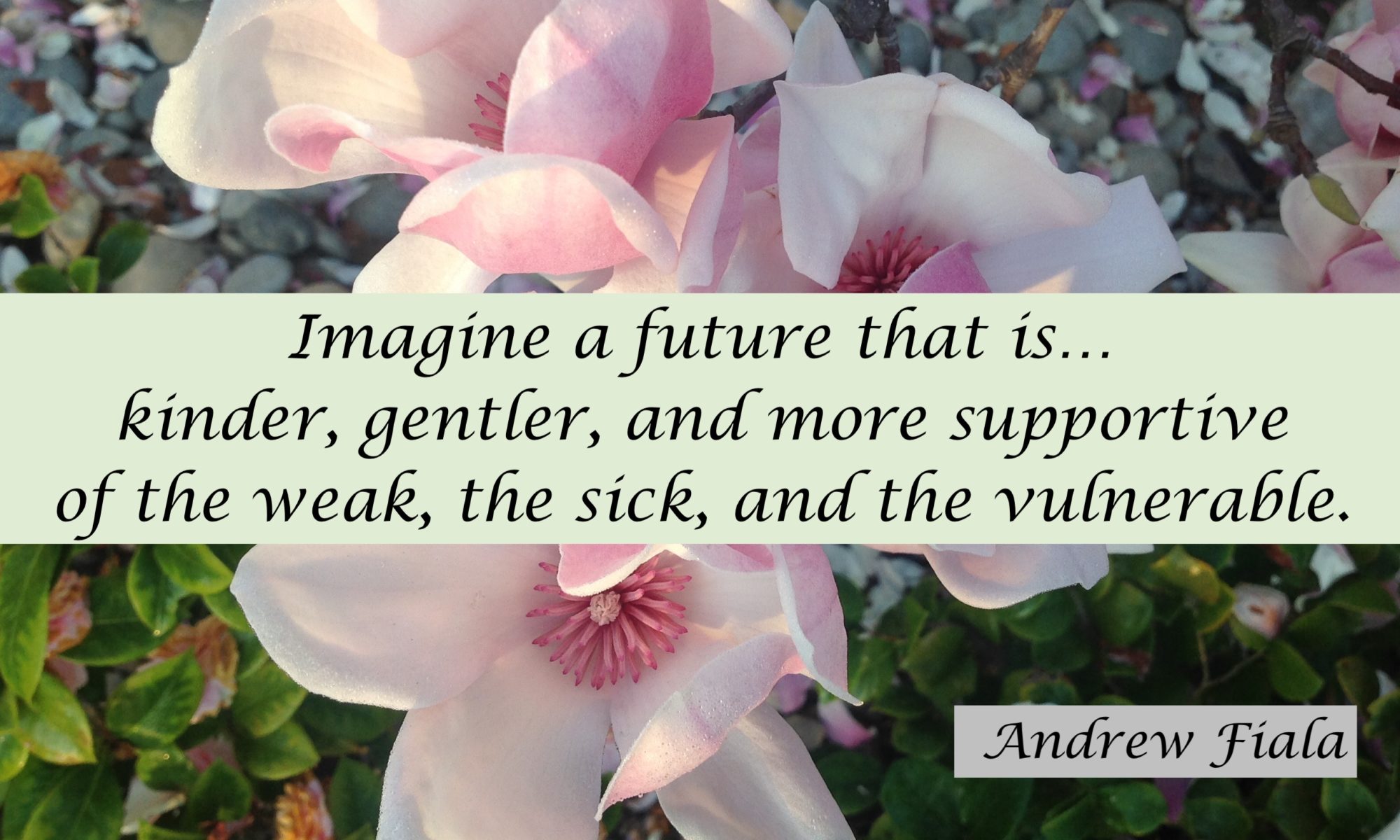Fresno Bee, September 20, 2020
At a recent rally in Reno, President Trump said, “Now I can be really vicious.” “I don’t have to be nice anymore.” Trump said, “the Republican party doesn’t play it rough and tough.” “We play it so nice,” he said. “In the end it’s not right.”
Trump’s viciousness can be seen in the way the president applauded the killing of Michael Reinoehl by U.S. Marshals. Reinoehl was suspected of killing a right-wing protester in Portland, Ore. After the marshals killed him, the president said, “that’s the way it has to be. There has to be retribution.” Of course, in the U.S., police are not justified in delivering retribution.
We are on a slippery slope lubricated by viciousness. To avoid that slope we need to hold fast to what I call the moral ladder. The rungs of the ladder tell us to be nice and kind, to seek justice, to limit power, and to develop mercy.
Morality begins with niceness. Parents tell kids, “If you don’t have something nice to say, don’t say anything at all.” We quote Aesop’s fables and teach children that “Kindness is never wasted.” These nuggets of proverbial wisdom create a foundation for morality.
Niceness is about manners. Manners provide a psychological and social root for moral development. In learning to be nice, children develop decorum and self-control. Niceness can be superficial and deceptive. A con-man can be nice while he picks your pocket. But that behavior is an exception. Niceness is the first rung on the moral ladder.
Kindness is also essential. Kindness is empathy and benevolence. Sometimes this can be phony or done for show. But genuine kindness opens the heart. It is the source of charity and compassion. The next rung on the moral ladder involves extending kindness to friends and even to strangers.
Beyond this, ethical maturity requires that we develop a sense of justice and responsibility. The Roman philosopher Cicero said that kindness is optional but justice is necessary. Kindness is a gift. If you withhold charity, no one would blame you or be angry. It is not nice to be unkind, but it is not evil.
Justice, on the other hand, is required. If you fail to be just, you are blameworthy. Failures of justice— from lying and promise-breaking to outright violations of human rights — create outrage and righteous indignation. Injustice is not simply unkind. It is evil. Justice is another step on the moral ladder.
Here is where retribution is found, offering payback that holds criminals responsible for their misdeeds. A traditional scheme requires eye for eye, life for life. But a complex system has developed in order to administer justice. Among the most important features of our system is the presumption of innocence.
Accused criminals in the United States have a right to defend themselves in a court of law. American police are not authorized to deliver retribution. The state’s power to punish is awesome. That’s why we limit it and make certain that those we punish are actually guilty. Recognition of the necessary limitation of the state’s power to punish takes us higher up the ladder. This is the vantage point of democratic political theory, which is committed to basic human rights and the rule of law.
It is possible to climb still higher. Many moral systems teach that forgiveness and mercy are higher than retribution. Mercy asks us to be kind, even to those who deserve punishment. The last rung on the ladder takes us beyond law toward something transcendent.
This moral ladder represents the basic common sense of our civilization. Common sense teaches that when viciousness is praised, virtue gets trampled. When niceness is kicked aside, kindness becomes impossible. When police take retribution into their own hands, democracy is in danger.
It’s time to get off of this slippery slope and climb back up the moral ladder. We do that by adhering to justice and the rule of law. We do that by teaching our children to be nice and kind, fair and forgiving. Our children are watching. They will eventually take control of this vicious country. If we teach them well, they may be kind enough to show a little mercy on us.


